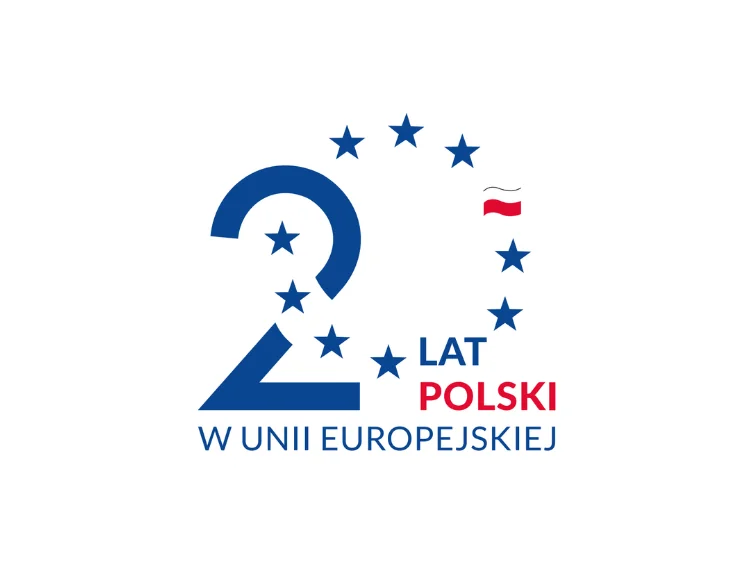Introductory comments were made by: Maciej Tauber, IQS 6 Project Leader and Natalia Pawłowska, counsellor at law, Head of the Qualifications Department of the Ministry of Development and Technology.
Natalia Pawłowska greeted participants on behalf of the Directors of the Ministry of Development and Technology:
Today's conference is the fruit of model collaboration between the Ministry of Development and Technology and the Educational Research Institute.
“One who does not move forward, goes backwards.” According to this thought, development – always and everywhere – is necessary for our functioning: the functioning of us as people and the functioning of the concepts we create. The Integrated Qualifications System therefore is developing as a system, but the point of its existence is to develop us, as employees, as learners, as people.
The Integrated Qualifications System is an excellent educational concept, especially for areas and skills that are dynamically changing.
Dr. Tomasz Gajderowicz, Deputy Director of IBE, greeted conference participants on behalf of the Educational Research Institute:
At a time when the competences of the future are often defined as something loose, shallow and very often shown in opposition to specific knowledge, skills, qualifications, the Integrated Qualifications System is simply a concrete response to the challenges. If we talk about the fact that today we are forced, as a society, to change jobs many times, then the competence of the future is to be able to learn quickly. The Integrated Qualifications System shows how to validate qualifications, how to understand them. The IQS is something real, practical, specific in the challenges we face.
Natalia Pawłowska then presented the key role of the Ministry of Development and Technology in the development and operation of the IQS, emphasising that the keys to success are: cooperation, reliability and flexibility.
The second part of the conference consisted of three panel discussions, during which the following issues were discussed: challenges and perspectives of the IQS, the interaction between the IQS and the education system, and the quality of validation and reliability of certificates. Assumptions and possibilities of using the Sectoral Qualifications Framework by particular industries and its effects were also presented, as well as conclusions from the pilot project on the practical use of the Sectoral Qualifications Framework for the construction industry.
First panel: “The challenges and perspectives for developing the Integrated Qualifications System”
Moderator: Maciej Tauber, Educational Research Institute
Panel participants: Piotr Fałek, NUB Sector Skills Council; Artur Mazurkiewicz, President of the Beauty Employers Union – Health and Beauty; Assoc. Prof. Tomasz Królikowski, Pro-rector of the Koszalin University of Technology; Natalia Pawłowska, counsellor at law, Head of the Qualifications Department at the Ministry of Development and Technology.
The panellists clearly indicated that it is necessary to continue promoting the premises of the IQS and to build coherence of the state's activities in the area of lifelong learning in Poland.
Second panel: “The future of validation from the perspective of awarding bodies, educational institutions and employers”
Moderator: Dr. Natalia Kopeć-Panek, Educational Research Institute
Panel participants: Dr. Waldemar Kostrzewa, Faculty of Mechanical Engineering of the Maritime University of Szczecin; Tomasz Wróblewski, Spatial Modelling Centre; Aleksandra Mikicka-Hobgarska, Association of the Lower Silesian Enterprise Incubator; Edyta Urbańska-Golec, Director of School Complex No. 1 in Wieluń; Edyta Migałka, VCC Foundation.
Using the examples of their own experiences, the panellists showed that the IQS and the education system can complement each other. However, in order for these solutions to achieve the desired effect, it is important to have both an appropriate educational offer and a well-conducted process of validating learning outcomes.
Presentation of results: “The Sectoral Qualifications Framework as a tool of the IQS based on the example of the construction industry”
Moderator: Mateusz Przywara, Educational Research Institute
Panel participants: Jakub Kus, Vice-Chairperson of the “Budowlani” Trade Union, Vice-Chairperson of the Sector Skills Council for Construction; Dr. Krzysztof Symela, Director, Research Centre on Vocational Education and Innovations Management of the Łukasiewicz Research Network – Institute for Sustainable Technologies in Radom.
While developing the SQF, we are guided by the motto “for the sector by the sector”, which is why we work very closely with individual sectors.
Maciej Tauber, IQS 6 Project Leader, summarised the conference:
Our meeting in the headquarters of the Ministry of Development and Technology showed that education is critically important to every Minister, and that the Integrated Qualifications System can be a tool to support the qualifications policy of each Ministry.
Video transcript of the conference:


